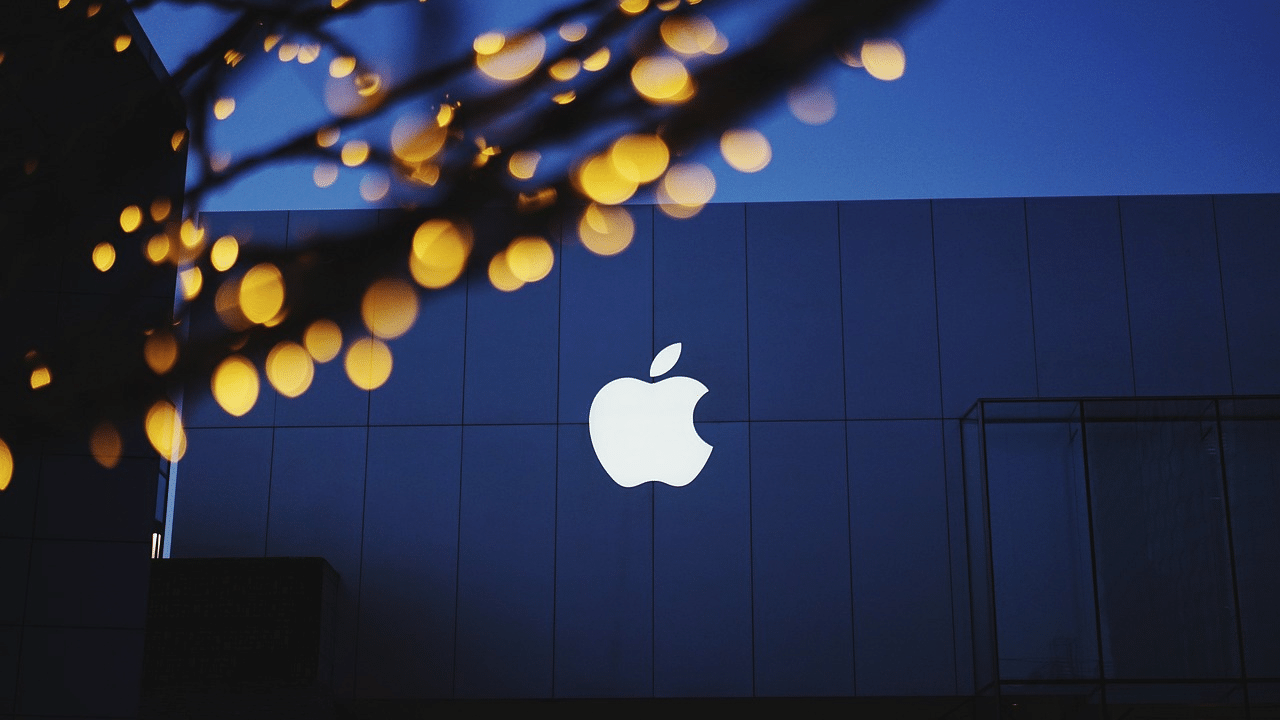New Delhi: Foxconn Technology Group has begun sending back hundreds of Chinese engineers and technicians to its iPhone production plants in India, casting doubt on the future speed of Apple shifting its manufacturing to the South Asian country. A Bloomberg report, quoting people with knowledge of the situation, said over 300 Chinese hired workers had already returned and just a few Taiwanese support workers remained on the ground.
This is a crucial time in the history of Apple, as it is planning to increase the production of the next iPhone 17 in India. The relocation would not only have the potential of ramping up production but also interfere with the technology transfer which is essential to the long-term strategy of Apple that entails moving substantial manufacturing operations out of China.
Impact on Apple’s India push
Apple depends more than ever on its Indian supply chain to assemble iPhones with a value of $22 billion in the current year, according to a 60 percent increase compared to the previous one. Foxconn has also been looking to expand in India, where it intends to establish a new facility to make iPhone enclosures at an ESR Industrial Park in Oragadam, in Tamil Nadu.
But the withdrawal of Chinese staff is very sudden, and it threatens to stall progress. Such engineers have been instrumental in educating the locals and maintaining quality in new plants. India started the production of iPhones on a large scale only four years ago, and it continues to rely on Chinese technical expertise to stay efficient.
Beijing tightens tech export controls
It seems that Foxconn has been influenced by the new restrictions set by Beijing to prevent the exodus of technology, talented people, and specialised machinery to other countries such as India. These steps show how apprehensive China has become of assisting possible manufacturing competitors.
Since Apple is planning to assemble the majority of its iPhones bound for the U.S. in India by 2026, a lack of skilled Chinese employees may be a major setback. The scenario complicates further the global strategy of Apple, which is already in question because of geopolitical tensions and changes in the trade relations.
